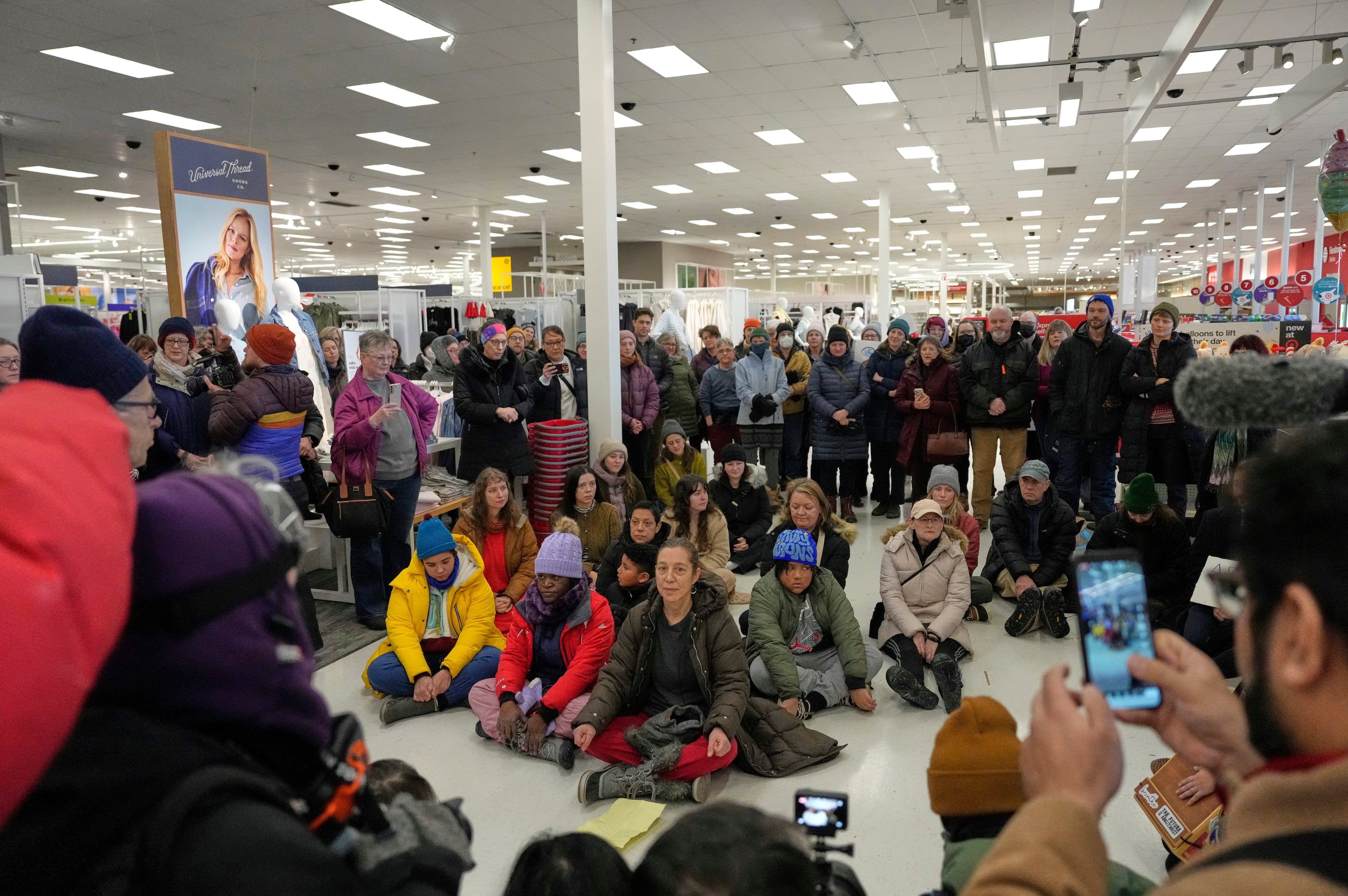CBD startups see opportunity in Georgia’s hazy cannabis laws

It wasn’t a typical product launch party.
Hundreds of guests gathered last weekend at a swanky rooftop lounge in downtown Atlanta to sample drinks, watch dancers twirl flaming batons and ride in helicopters.
Spirits were high, and it wasn’t just because of the altitude.
“I made a drink that is specific to the feeling that people get from pot, a good euphoric feeling,” said Allen Porter, an Atlanta brewery owner and entrepreneur, who launched a new line of beverages and edibles derived from hemp.
Using the brand name THChill, Porter’s roster of CBD-infused drinks enter a market grappling with the recent nationwide legalization of hemp-based products.

Though recreational use of marijuana has been legalized in many states, it remains illegal under federal and Georgia law.
The harvest of hemp, which is the same plant species as marijuana, has been permitted under federal law since 2018, but it’s up to state governments to police any goods concocted from the crop that contain THC or other psychoactive compounds.
Businesses wading into the CBD industry currently find a mostly unregulated ecosystem, but several Georgia politicians are looking at ways to restrict what they see as taboo goods closely associated with illegal recreational marijuana.
Tom Church, a Roswell attorney who often represents cannabis-related companies, said CBD product producers welcome many of those potential laws and regulations because they’ll remove some of the haze — and stigma — clouding the industry.
“Pre-harvest, there’s a lot of regulations, a lot of requirements and testing,” he said. “But post-harvest, there’s a lot less, and that’s led to the gray area that has emerged.”

THChill isn’t fazed by any legal uncertainty. One of Porter’s establishments, Porter Pizza & Brewery in Sandy Springs, now serves the beverages on tap, and Porter said he’s in negotiations to lease an undisclosed location along the Beltline. The 40-year-old entrepreneur has larger dreams of getting patents for his products and distributing cans and kegs of his beverages to retailers, liquor stores and CBD dispensaries across the country.
“I’m legal,” he said. “Everything I’m making is from hemp.”
Legal cannabis
Cannabis-based products are available for sale at gas stations, smoke shops and stores across the country, some of which come with a recreational high.
These CBD products are legal under the 2018 Farm Bill signed into law by President Donald Trump that authorized sales of hemp products as long as they contain less than 0.3% THC, the compound that gives marijuana users a high. While 0.3% THC content wouldn’t give anyone a high if smoked from marijuana plants, companies have chemically altered cannabis to sidestep the government’s limitations.
There are more than 100 biological compounds called cannabinoids in hemp that can be synthesized and combined to give different effects. A common variant is Delta-8, which can give users a high, but other CBD strains can help ease muscle pain, provide energy or help with sleep without an associated high.
“We’re in a new world where you have products that are (derived from) cannabis and have some psychoactive properties that have been explicitly legalized,” Church said.
While Georgia laws can’t override the 2018 federal law that legalized hemp farming and distribution, the General Assembly is considering bills that would require testing, labeling and a 21-year-old age limit for CBD products.
Meanwhile, medical marijuana is legal in Georgia for patients who have a doctor-approved card issued by the state. Medical marijuana can contain up to 5% THC, which is significantly less than the THC content in illegal marijuana bought on the streets, which typically has THC levels greater than 15%.
“We don’t want people just selling stuff out of their garages,” Church said. “We want to make sure that the products are safe and regulated.”
According to the Mayo Clinic, only one CBD product is approved by the U.S. Food and Drug Administration, a epilepsy prescription oil called Epidiolex.

‘Everyone benefits from clarity’
Porter said his cannabis crusade began two years ago when he stopped drinking alcohol amid a prolonged custody battle.
As the son of STATS brewpub’s owner and the founder of multiple other metro Atlanta breweries, Porter said he began experimenting with creating beer-like beverages using hemp, resulting in a menagerie of drinks advertised to have different psychoactive effects.
“Some give you energy and don’t make you high,” he said. “Some make you feel high like you’re drunk.”
Porter said his beverage line also will include a range of potencies.

Printed materials at the product launch party at Ventanas urged attendees to wait a few minutes after their first few sips to experience their drink’s effects before overindulging. The canned drinks also featured QR codes which Porter said will soon take consumers to online product testing information.
Lawrence Villanueva is an attorney handling THChill’s patent applications, which are currently pending. He said those patents, if approved, could allow the company to be the sole producer of this type of drinkable CBD beverage. However, patents do not protect products from new government regulations.
“You can use a patent to persuade in the market,” Villanueva said. “But it’s not a rubber-stamp other than preventing others from (reproducing) it once you get the patent.”
With CBD companies currently left to mostly self-regulate, Church has said it has prompted tensions with local law enforcement conflating legal enterprise with illegal street drugs.
“Business owners who are otherwise completely law abiding citizens are not getting any benefit of the doubt with law enforcement officials,” Church said. “They’re being treated just like they’re weed dealers in the dark alleyways. ... Everyone benefits from clarity.”
— Staff writer Mark Niesse contributed to this article.



